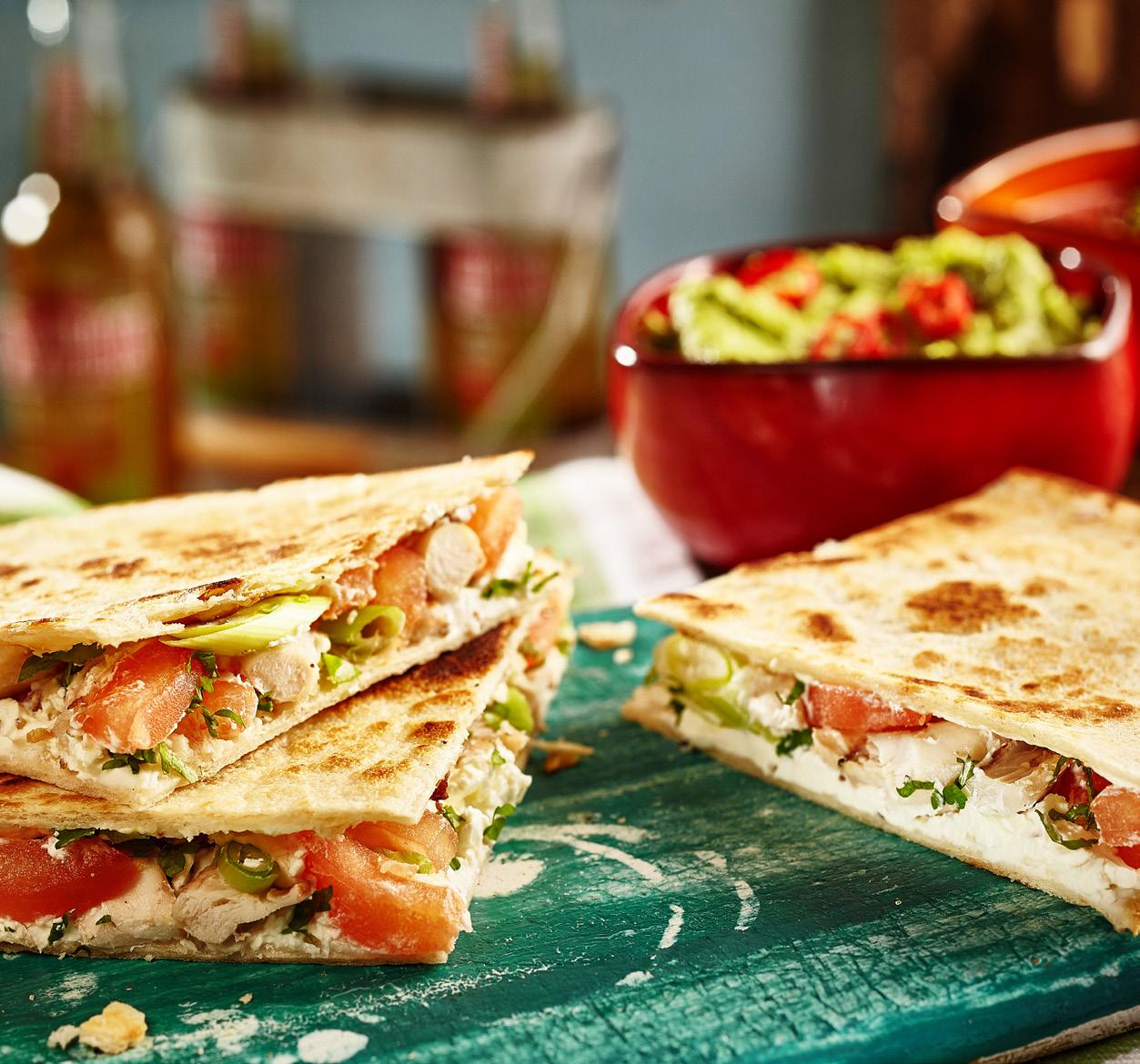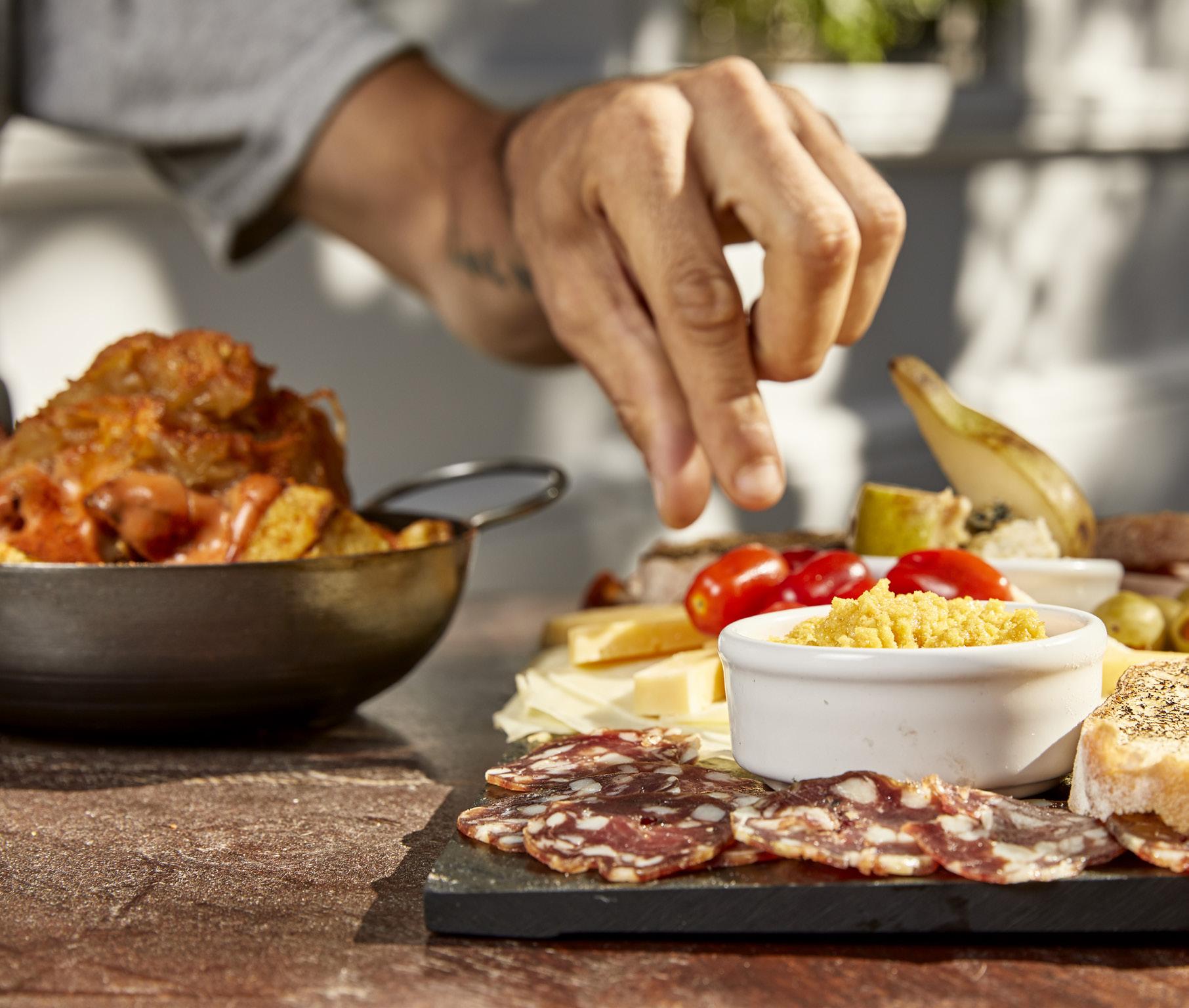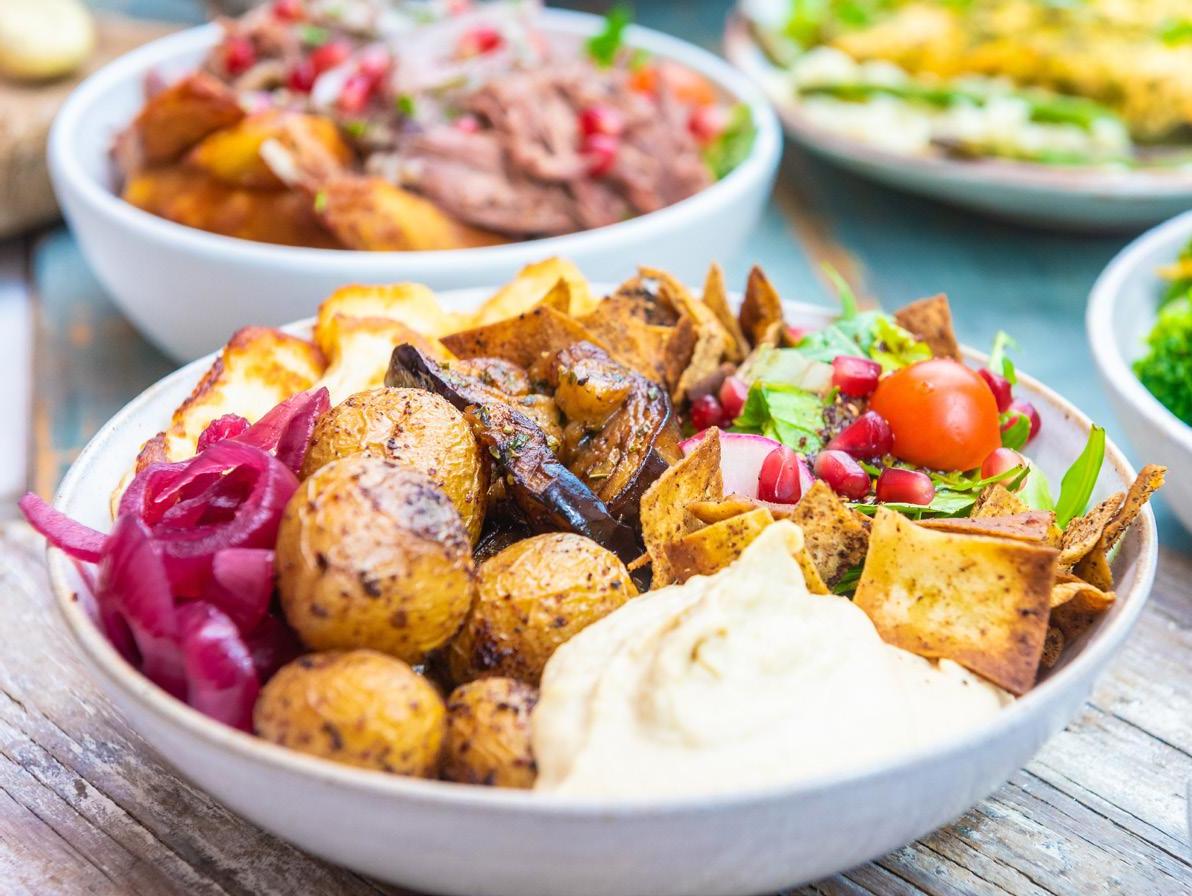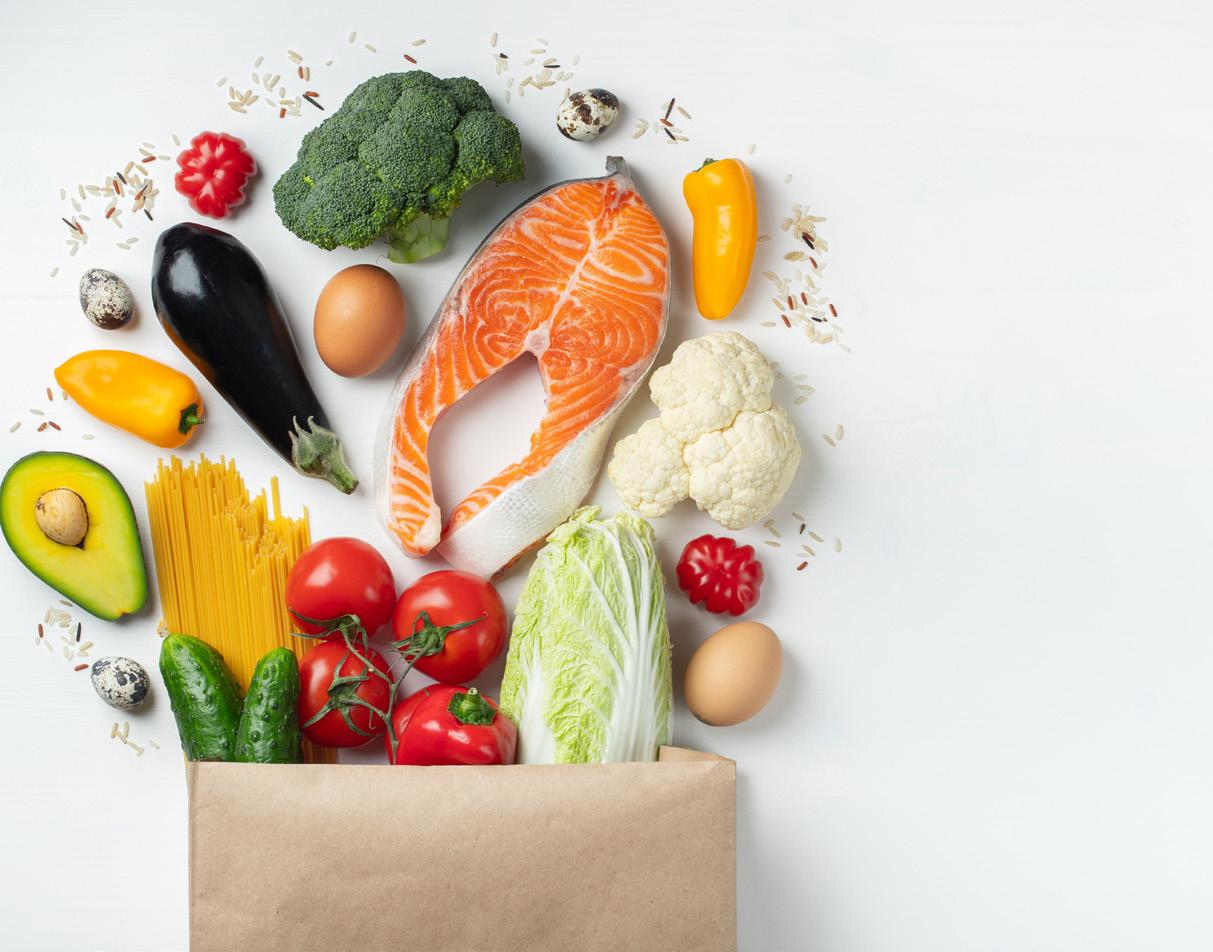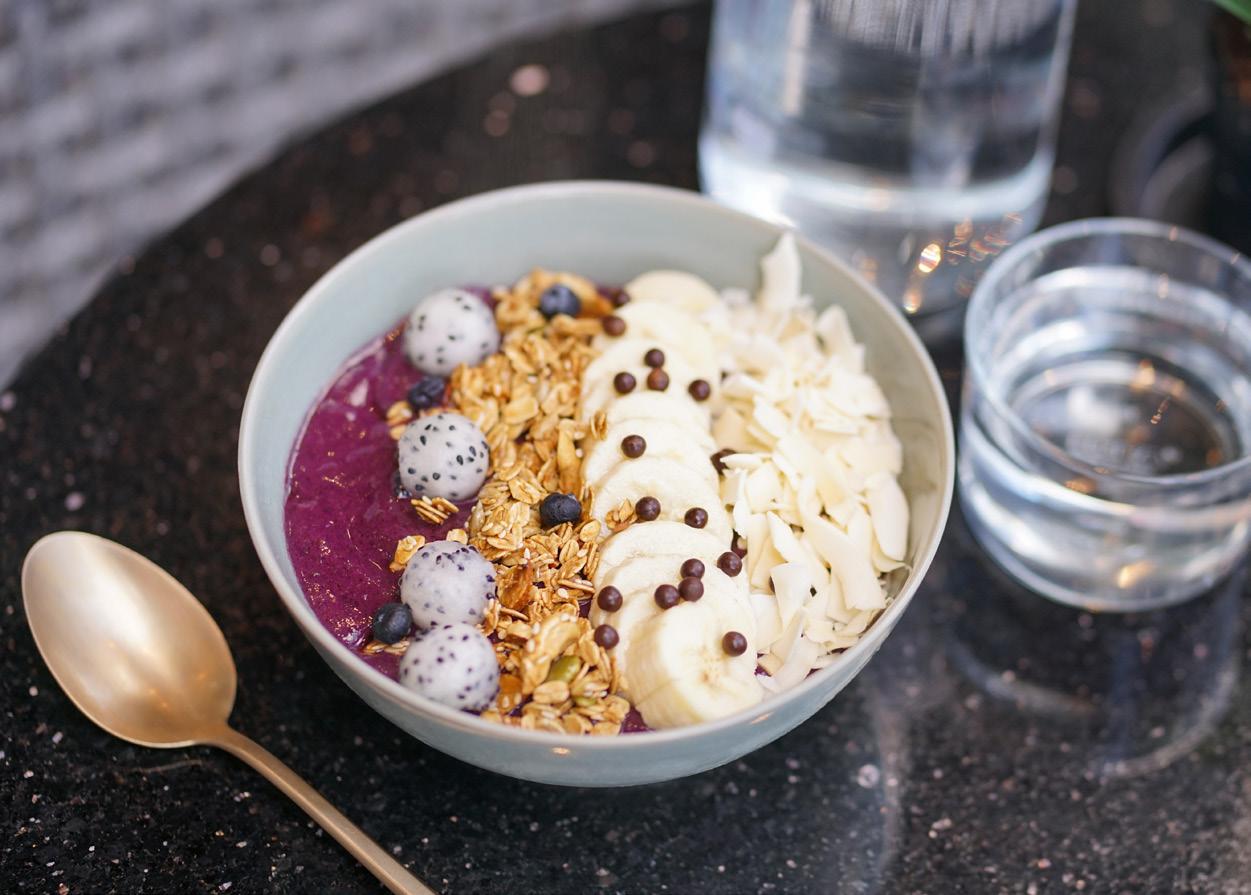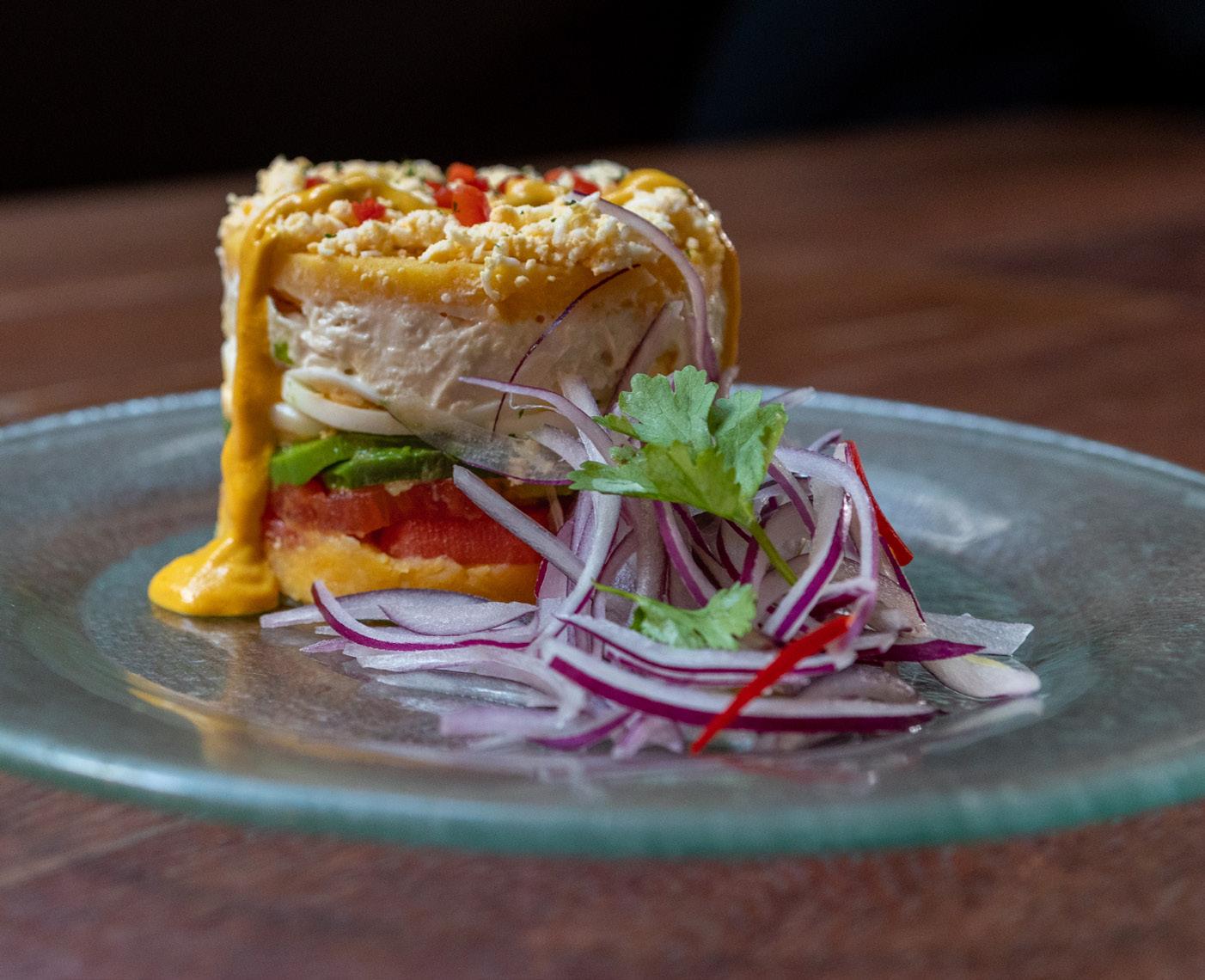
5 minute read
Key takeaways
Eating out, dining in: Innovation is needed within the foodservice sector to target discerning consumers
Over the last twelve months, the South American foodservice sector has been significantly impacted by the pandemic, which will continue to linger throughout 2021. Indeed, even when infection and mortality rates decline, some consumers will still be conscious about visiting public places. In addition, even those consumers who are happy to return to busy areas will want reassurance that foodservice outlets have COVID-19 safety practices implemented. As well as the ongoing risk of the virus, physical foodservice outlets now also face more threat from the growth of the direct-to-consumer foodservice channel and more premium offerings in retail channels, which allow consumers to enjoy high quality eating and drinking occasions in the comfort of their own home.
If foodservice outlets are to entice consumers back into physical outlets when the region recovers from the virus, it will be important that they offer menu innovation and stand out appeal that helps capture consumer attitude, especially amongst those consumers who want brands that they feel reflect their good taste and sophistication. Foodservice outlets can do this through promoting experimental flavours and sustainability credentials along the whole of the supply chain. Experimental and limited-time offerings will appeal to adventurous consumers who want their sensory perceptions challenged. Meanwhile, foodservice outlets should go beyond extending the availability of plant-based products on the menu and instead, putting sustainability at the core of brand philosophy and practice.
15% 22%
Brand ambassadors 20% 32% 52% 70%
37% 49%
28% 30%
Limited time menu offerings Promoting food and drink from part of the globe that I am unfamiliar with Social media activity Through good word of mouth about the outlet
Source: Foodservice survey, Q2 2020 (3,000 respondents)
In the long-term, differentiation will be more effective for brands in targeting image conscious consumers, especially in urban areas, over aggressive discounting strategies. After all, heavy promotional offerings on a regular basis encourages price sensitivity. In comparison, if foodservice outlets have genuine identity, create stand out appeal, and align with attitudes and outlook on life, it will increase willingness to trade-up.
89%
62%
Through promoting ethical and responsible causes 8% 24%
Through promoting live events/ artists 29% 38%
Through promoting plant-based products Argentina Brazil
71% 84%
Through taking an active stance on food waste
Key takeaways
• Help consumers improve dietary habits in a stress-free way: Consumers want to improve their diets but can often find it a struggle to stick to dietary plans in the long-term because of the association with sacrifice. To help counter this, brands need to launch better-for-you products deemed affordable, convenient, and tasty.
• Be transparent to maximise perceptions of value: Consumers are becoming more risk averse and want to minimise risk of health problems, whilst also becoming more value-orientated at the same time. This means that brands need to demonstrate transparency and show that they have the best interests of the consumer at heart more than ever.
• Launch functional products that aid holistic health: Consumers want to take a long-term approach to health as they look to minimise vulnerability to disease and illness. This will drive demand for functional products that contain a variety of ingredients, with consumers wanting products that address a variety of health issues simultaneously.
• Enable consumers to switch to plant-based alternatives: Consumers want to reduce their intake of meat and dairy and want to switch to plant-based alternatives for health and sustainability purposes. It is therefore crucial that plant-based products are seen to mimic the experience of eating and drinking animal produce from a taste and texture perspective.
• Offer guilt-free indulgence: Consumers want to continue to turn to food and drink for moments of escapism to deal with daily pressures, whilst at the same time wanting to improve their dietary habits.
This will drive demand for natural products that carry a variety of free-from claims which are deemed guilt-free and conveniently nutritious.
• Reassure consumers over ingredients: Consumers want ingredients that they deem to be real and authentic, natural and nutritious, and that do not cause any harm to them or the wider planet. Brands can respond to this through strategies such as streamlining ingredient lists and simplifying nutritional information.
• Challenge sensory perceptions: Consumers deem themselves to be sophisticated and experimental and want unusual flavours that challenge their sensory perceptions. There is an opportunity to launch new and disruptive flavours within the food and drink market; however, such flavours should be seen as more than a novelty.
• Put sustainability at the core of brand philosophy: Consumers are making changes to their diets and lifestyles in order to behave in a more sustainable manner and want brands that match their attitudes and outlook on life. Brands must take a proactive and holistic approach to addressing environmental issues.
• Develop customised health solutions: Consumers want nutritional products that are personalised to address their specific health goals. This creates an opportunity for innovations such as customised food and drink offerings and nutrition genetic testing. Credibility and affordability are paramount when launching such products.
• Combine experimentation with sustainability in the foodservice channel: Consumers will want outlets that they feel mirror their attitudes and outlook on life. The foodservice channel should respond to this by leveraging experimental flavours and sustainability practices to create stand out appeal.
Surveys used in this report
• Personalized nutrition survey, Q3 2020 (3,000 respondents)
• COVID-19 survey – April 2020 (2,000 respondents)
• COVID-19 survey – May 2020 (2,000 respondents)
• COVID-19 survey – July 2020 (2,000 respondents)
• COVID-19 survey – February 2021 (2,000 respondents)
• Immunity survey, Q3 2019 (2,000 respondents)
• Meat and plant-based protein survey, Q3 2019/Q2 2020 (4,000 respondents)
• Active nutrition survey, Q3 2019 (3,000 respondents)
• Clean label and naturalness survey, Q1 2019/Q1 2020 (5,000 respondents)
• Flavours, Textures & Colors survey, Q3 2020 (3,000 respondents)
• Sustainability survey, Q3 2019/Q3 2020 (3,000 respondents)
• Foodservice survey, Q2 2020 (3,000 respondents)
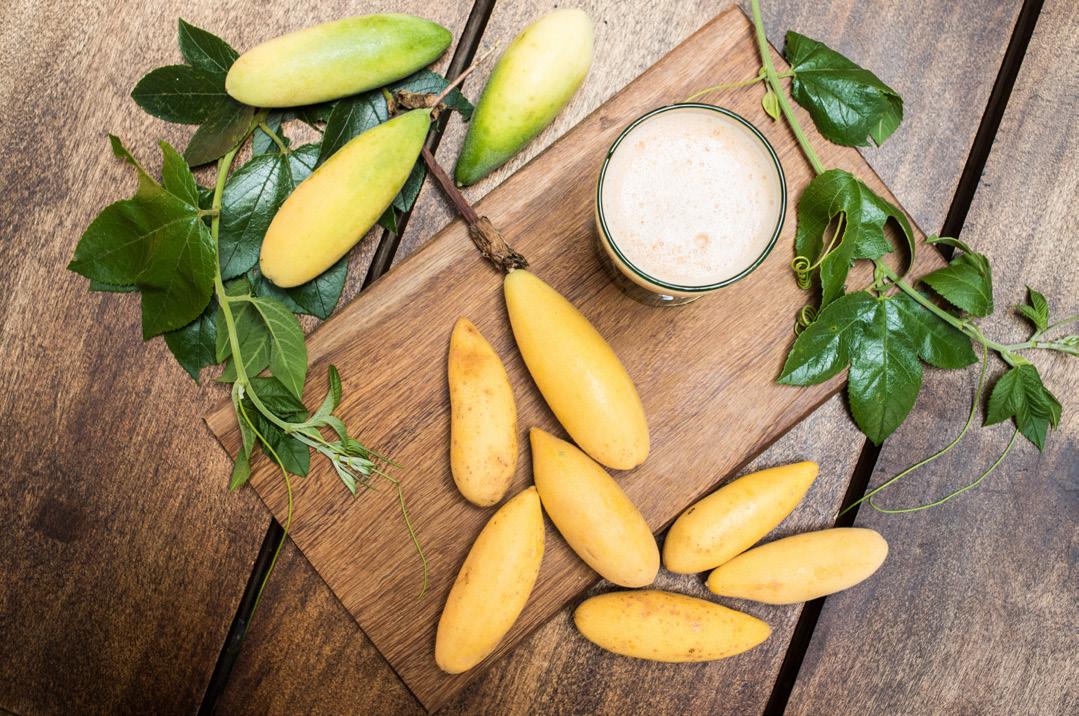
FMCG Gurus: Top Trends in South America
For more information, please contact info@fmcggurus com
Powered by:
FMCG Gurus provides market research and insight into consumer attitudes and behaviours across the food, beverage and supplement markets around the world.
